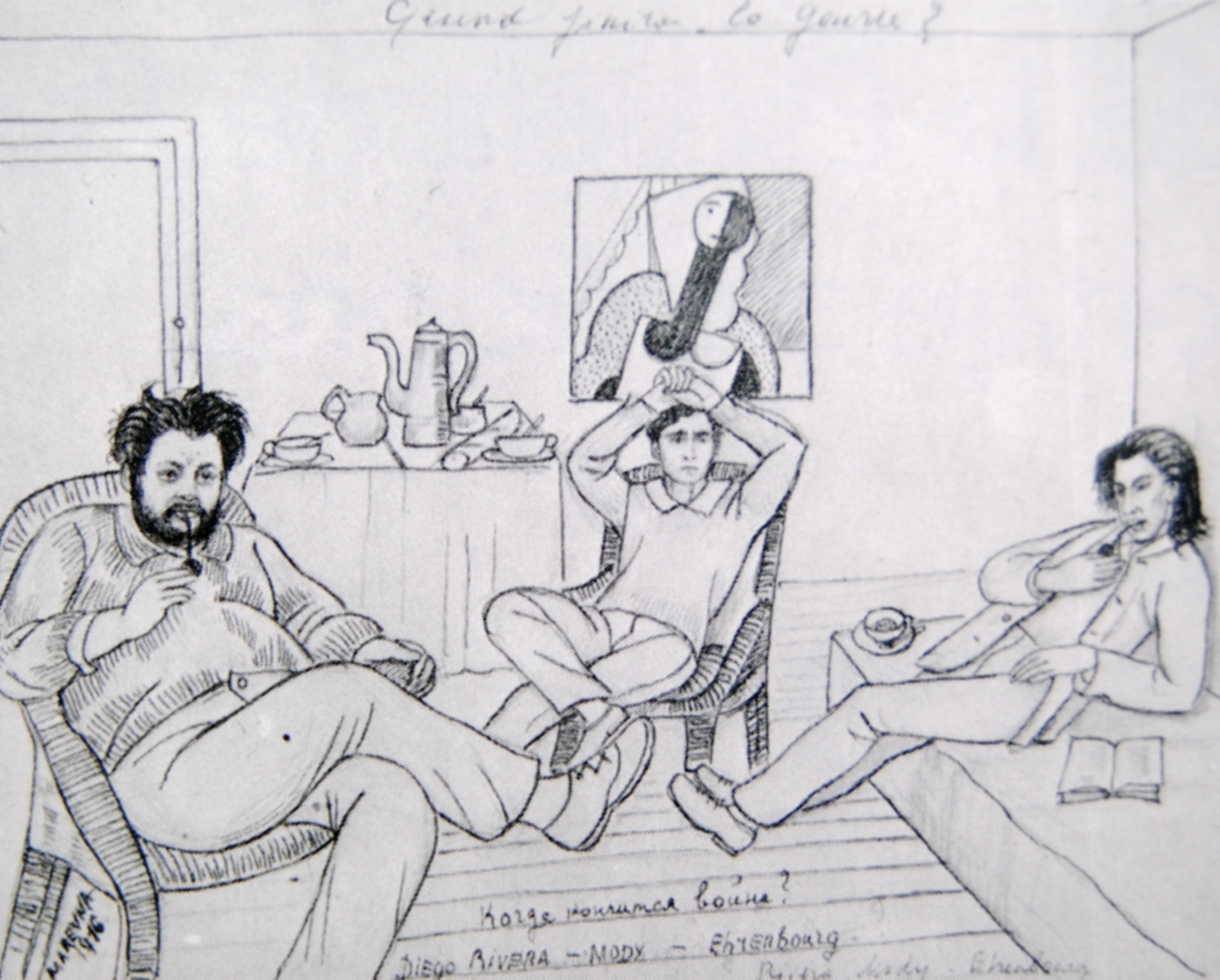|
Akhat Akhmetyanov
Akhat Abdulkhakovich Akhmetyanov (, ; 10 August 1918 — 3 August 1976) was one of the top snipers in the Red Army during World War II. Prewar Akhmetyanov was born on 10 August 1918 to a Bashkir family in Makarovo. He completed seven grades of school and then graduated from the Sermenevsky Pedagogical School in 1936 before working at a math teacher. He began to study at the Odessa Institute of Chemical Technology before entering the Red Army in 1938. He fought in the Winter War before being demobilized, but he was redrafted into the army a week before the German invasion of the Soviet Union. World War II In the early days of the war he was in a training battalion in Khlebnikovo. He first saw battle in July near Moscow, as part of the 166th Special Rifle Battalion. He was shell shocked on 5 August 1941 and was sent to Boksitogorsk before being moved to the 549th Special Rifle Battalion. He was wounded for the first time in January 1942 and moved to the Leningrad Front in August ... [...More Info...] [...Related Items...] OR: [Wikipedia] [Google] [Baidu] |
Soviet Union
The Union of Soviet Socialist Republics. (USSR), commonly known as the Soviet Union, was a List of former transcontinental countries#Since 1700, transcontinental country that spanned much of Eurasia from 1922 until Dissolution of the Soviet Union, it dissolved in 1991. During its existence, it was the list of countries and dependencies by area, largest country by area, extending across Time in Russia, eleven time zones and sharing Geography of the Soviet Union#Borders and neighbors, borders with twelve countries, and the List of countries and dependencies by population, third-most populous country. An overall successor to the Russian Empire, it was nominally organized as a federal union of Republics of the Soviet Union, national republics, the largest and most populous of which was the Russian SFSR. In practice, Government of the Soviet Union, its government and Economy of the Soviet Union, economy were Soviet-type economic planning, highly centralized. As a one-party state go ... [...More Info...] [...Related Items...] OR: [Wikipedia] [Google] [Baidu] |
Ilya Ehrenburg
Ilya Grigoryevich Ehrenburg (, ; – August 31, 1967) was a Soviet writer, revolutionary, journalist and historian. Ehrenburg was among the most prolific and notable authors of the Soviet Union; he published around one hundred titles. He became known first and foremost as a novelist and a journalist – in particular, as a reporter in three wars (First World War, Spanish Civil War and the Second World War). His incendiary articles calling for violence against Germans during the ''Great Patriotic War'' won him a huge following among front-line Soviet soldiers, but also caused much controversy due to their perceived anti-German sentiment. Ehrenburg later clarified that his writings were about "German aggressors who set foot on Soviet soil with weapons", not the whole German people. The novel '' The Thaw'' gave its name to an entire era of Soviet politics, namely, the liberalization which occurred after the death of Joseph Stalin. Ehrenburg's travel writing also had great resonan ... [...More Info...] [...Related Items...] OR: [Wikipedia] [Google] [Baidu] |
Soviet Military Personnel Of World War II
The Union of Soviet Socialist Republics. (USSR), commonly known as the Soviet Union, was a transcontinental country that spanned much of Eurasia from 1922 until it dissolved in 1991. During its existence, it was the largest country by area, extending across eleven time zones and sharing borders with twelve countries, and the third-most populous country. An overall successor to the Russian Empire, it was nominally organized as a federal union of national republics, the largest and most populous of which was the Russian SFSR. In practice, its government and economy were highly centralized. As a one-party state governed by the Communist Party of the Soviet Union (CPSU), it was a flagship communist state. Its capital and largest city was Moscow. The Soviet Union's roots lay in the October Revolution of 1917. The new government, led by Vladimir Lenin, established the Russian SFSR, the world's first constitutionally communist state. The revolution was not accepted by all ... [...More Info...] [...Related Items...] OR: [Wikipedia] [Google] [Baidu] |
